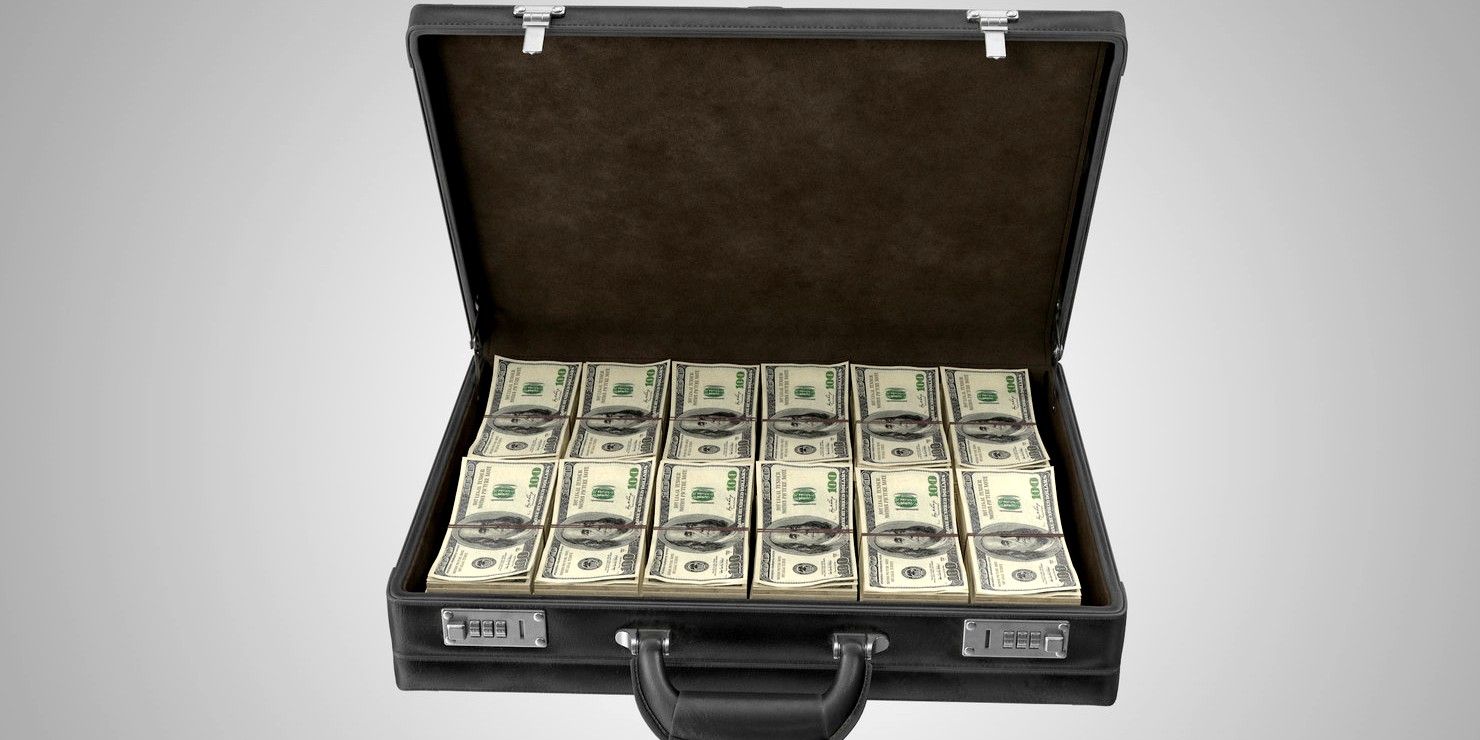Privacy coins, especially Monero, are cryptocurrencies that protect users’ anonymity, earning them a controversial reputation as cryptocurrencies beneficial to criminals. Many countries have made it illegal for citizens to own or use them, while others have not. Privacy on the blockchain is a heavily contested subject between regulators and cryptocurrency advocates, with many pro-crypto people being advocates of privacy and regulators being against it.
Bitcoin is a transparent ledger, meaning every transaction made over the Bitcoin network can be traced back to its origins. While the real-world identity of people using the network is not immediately obvious, their wallet address is visible to everyone, and once someone’s identity has been exposed, their entire transaction history is also exposed. While BTC was created to work like digital currency, it fails to fulfill this purpose because of its transparency, as physical currency always holds the same value regardless of its history, but BTC does not. BTC used in crimes or stolen by hackers does not have the same value as ‘clean’ BTC, and attempting to transfer ‘dirty’ BTC to an exchange often results in the individual’s account being frozen and law enforcement being notified.
This is why privacy coins were created, with Monero (XMR) being the leading privacy coin. According to Coindesk, Monero uses a combination of techniques to obscure users’ wallet addresses and prevent their identification, and uses a technique similar to the now-sanctioned Tornado Cash crypto mixer to combine XMR tokens from multiple users together before sending them. Several layers of obfuscation ensure there is no practical way to determine how much XMR was transferred, who received it, who sent it, or how much either party owns. This feature is so powerful that in 2020 the IRS offered $625,000 to anyone who could crack Monero, though no hard evidence exists to indicate that anyone has succeeded.
Why Do People Use Privacy Coins?
Privacy coins combine the privacy-preservation of physical cash with the frictionless mobility of digital currency, allowing users to transact freely from anywhere in the world without governments, banks, employers, or criminals intervening. Privacy coins protect their users from being robbed when their crypto holdings are discovered by someone who knows them, which is why sharing wallet addresses on social media is unsafe. It is also not unheard of for banks to close accounts of people who engage in certain legal activities, such as adult performers, people who buy and hold cryptocurrency, or people who make controversial political statements, and being able to accept or make payments without detection by banks may be life-savers for such people.
On the other hand, privacy coins can effortlessly facilitate tax evasion, money laundering, and terrorism financing. By design, privacy coins allow their users to evade Know Your Customer (KYC) and Anti-Money Laundering (AML) regulations that all cryptocurrency exchanges and financial institutions must comply with, and unlike physical cash they can be carried and sent across national borders without detection. This is why ransomware hackers are now demanding payments in XMR instead of BTC, as it is almost impossible to liquidate BTC obtained through ransomware attacks, but XMR is much easier to sell as it cannot be traced.
Privacy coins like Monero are an existential threat to governments and law enforcement, as they permit illegal activities without detection. However, they are also strongly advocated for by people who believe financial privacy is more important than preventing criminal activity. Privacy is a necessary part of individual safety, and the lack of privacy in Web3 is why mass-adoption is unsafe right now. The solution to all these problems may lie somewhere between both extremes, but this solution simply does not exist at this time, and privacy coins like Monero remain controversial at best, or outright illegal at worst.
Source: Coindesk
Read More: news.google.com










 Bitcoin
Bitcoin  Ethereum
Ethereum  Tether
Tether  XRP
XRP  Solana
Solana  USDC
USDC  Dogecoin
Dogecoin  TRON
TRON  Cardano
Cardano  Lido Staked Ether
Lido Staked Ether  Wrapped Bitcoin
Wrapped Bitcoin  LEO Token
LEO Token  Chainlink
Chainlink  Toncoin
Toncoin  USDS
USDS  Avalanche
Avalanche  Stellar
Stellar  Hedera
Hedera  Sui
Sui  Wrapped stETH
Wrapped stETH  Shiba Inu
Shiba Inu  MANTRA
MANTRA  Bitcoin Cash
Bitcoin Cash  Litecoin
Litecoin  Polkadot
Polkadot  Binance Bridged USDT (BNB Smart Chain)
Binance Bridged USDT (BNB Smart Chain)  Bitget Token
Bitget Token  Ethena USDe
Ethena USDe  WETH
WETH  Hyperliquid
Hyperliquid  Pi Network
Pi Network  WhiteBIT Coin
WhiteBIT Coin  Monero
Monero  Wrapped eETH
Wrapped eETH  OKB
OKB  Uniswap
Uniswap  Dai
Dai  sUSDS
sUSDS  Pepe
Pepe  Coinbase Wrapped BTC
Coinbase Wrapped BTC  Aptos
Aptos  Ondo
Ondo  Gate
Gate  NEAR Protocol
NEAR Protocol  Tokenize Xchange
Tokenize Xchange  Internet Computer
Internet Computer  Cronos
Cronos  Mantle
Mantle  Ethereum Classic
Ethereum Classic